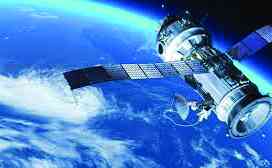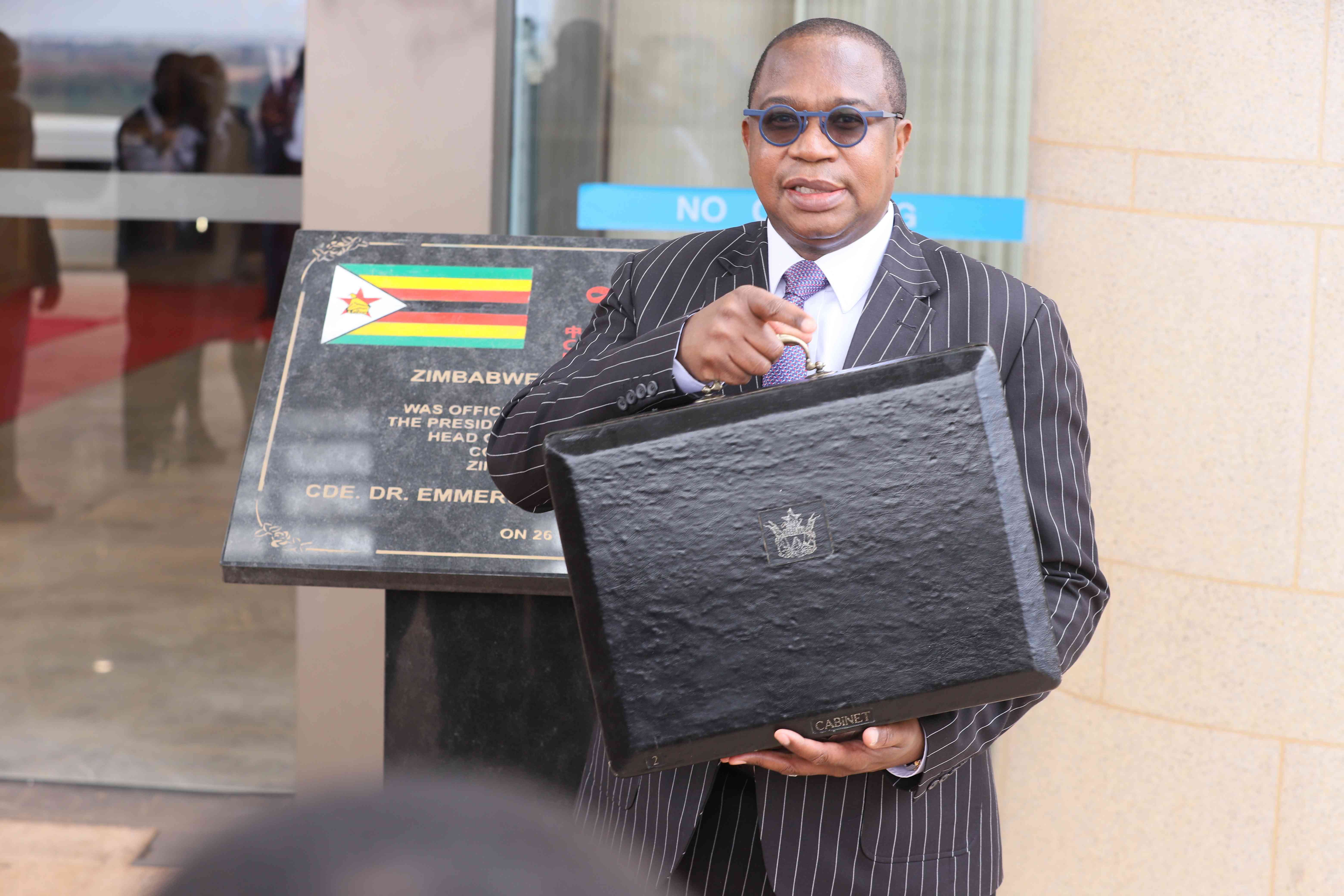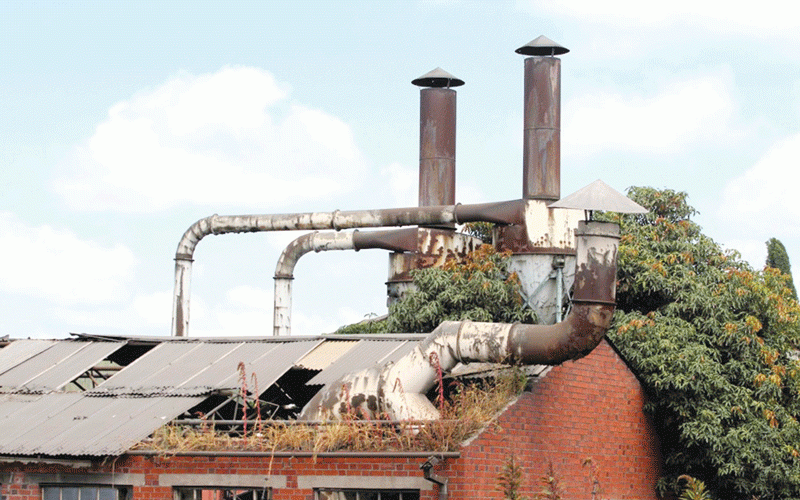
IN 2025, the twin revolutions of space exploration and artificial intelligence (AI) are converging in ways that promise profound impact, not just for tech giants and space agencies, but for business innovators and nations aspiring to catch up with the developed world.
As a business weekly catering to the forward-thinking readers, it is vital for us to unpack how this intersection is shaping the global economy, technological innovation, and new opportunities for countries across Africa.
A generation ago, space exploration was an elite pursuit for a handful of superpowers, an exercise in national pride and scientific discovery. Today, AI is democratising access and capabilities in space technology. From improved satellite imagery to smarter spacecraft, the combination of AI and space science is breaking barriers once thought insurmountable.
Nasa, the European Space Agency, China’s CNSA, and increasingly private trailblazers such as SpaceX and Blue Origin are leveraging AI to automate everything from rocket navigation to analysis of streams of data from planetary probes.
Autonomous Mars rovers plot their own routes around hazardous rocks using computer vision. Earth observing satellites use AI to detect illegal mining, deforestation, and even forecast crop yields by interpreting soil and weather patterns from orbit.
Africa, and Zimbabwe in particular, can expect to benefit as these technologies mature and become more accessible. Our own plans for satellite launches and the spread of earth imaging constellations offer a glimpse of new ways to tackle old problems from drought prediction to agricultural innovation and improved mining operations.
From the cosmos to the trading floor
The lifeblood of the AI-space nexus is data. Modern satellites generate terabytes of information daily — images of crops, water reservoirs, city traffic, and forests. Traditionally, analysing these vast datasets required entire teams of scientists and months of work.
- Mavhunga puts DeMbare into Chibuku quarterfinals
- Bulls to charge into Zimbabwe gold stocks
- Ndiraya concerned as goals dry up
- Letters: How solar power is transforming African farms
Keep Reading
Today, AI crunches this data in hours, deriving actionable insights for governments and businesses alike.
Consider agriculture, Zimbabwe’s economic mainstay. AI-powered satellite imaging now allows for real time crop monitoring and yield prediction, detecting drought stress or pest outbreaks long before they devastate a harvest. This technology empowers farmers to make smarter decisions — when to irrigate, fertilise, or harvest.
This boosts productivity and food security.
In the mining sector, satellite data interpreted by machine learning algorithms can reveal mineral deposits or illegal operations. Investors and policymakers are drawn to the promise of more transparent and efficient operations that can drive GDP growth.
Smarter satellites, faster internet
Constellations of AI-managed satellites, spearheaded by companies like SpaceX through Starlink, are transforming global communications. In the past, launching and maintaining satellites was exorbitantly expensive and littered with technical risks. Now, AI-driven design, manufacture, and deployment slash costs and boost reliability.
These satellites hold the key to providing high speed internet to previously unreachable rural locations. For Zimbabwe and its neighbours, this stands for more than a technical leap; it is a chance to close the digital divide, build e-commerce ecosystems, and fuel local innovation in fintech, health tech, and education.
As we aim for the moon, mars, and beyond, astronauts are increasingly teaming up with AI-powered robotic assistants. The International Space Station (ISS) plays host to floating robots such as CIMON, which use speech recognition, NLP, and image analysis to help crew solve problems and monitor vital systems.
On future missions, time delays in communicating with earth will force greater autonomy. AI will make critical decisions, diagnose spacecraft faults, and even help with medical emergencies.
For Africa’s aspiring space scientists and entrepreneurs, this signals the skill sets of the future: not just coding and engineering but also understanding the ethical dimensions of letting machines make life-and-death decisions.
Risks in the final frontier
This brave new world is not without pitfalls. AI systems in space are exposed to harsh radiation and extreme temperatures, demanding highly-robust designs.
The risk of cyberattack grows as satellites become interconnected; an adversary commandeering a weather or navigation satellite could have severe economic or even military consequences.
Ethical questions also arise, such as what happens if an autonomous system misinterprets a situation or makes a costly error?
As with all AI, bias in algorithms and lack of transparency can lead to unintended harm. The international community must set clear standards for the deployment, control, and fail-safes around AI in space, issues especially pertinent for nations with limited regulatory muscle.
Africa’s opportunity
While Zimbabwe and many African countries have historically played catch-up in technological revolutions, the fusion of space and AI offers rare opportunities to leapfrog outdated systems. By investing in Stem education, fostering local startups, and collaborating with global innovators, we can carve out a place in this fast-evolving ecosystem.
Initiatives such as the African Union’s African Space Policy, Zimbabwe’s National Space Agency, and a growing number of university partnerships with international agencies are seeds for an innovation economy. Entrepreneurial use of AI-driven satellite imagery for precision agriculture, weather monitoring, and disaster response could unlock new sources of sustainable growth and job creation.
The bottom line
The intersection of space exploration and AI is not science fiction. It is a defining force in business, policy, and society today.
For Zimbabwean companies, investors and policymakers, now is the time to explore partnerships, invest in skills, and rethink strategies for a connected, automated world.
As we gaze upward, let us not forget to harness the practical applications of space age technology here at home. The stars may be distant, but the benefits of their exploration, and the smart machines that help us do it, are closer than ever.
Bangure, a filmmaker with a media degree, brings extensive experience in media production and management. He was the inaugural chairperson of the National Employment Council for the Printing, Packaging, and Newspaper Industry in Independent Zimbabwe. His passion for data analytics and artificial intelligence drives him to explore cutting edge technologies, blending his creative background with technical innovation to push boundaries in digital advancement- [email protected]











